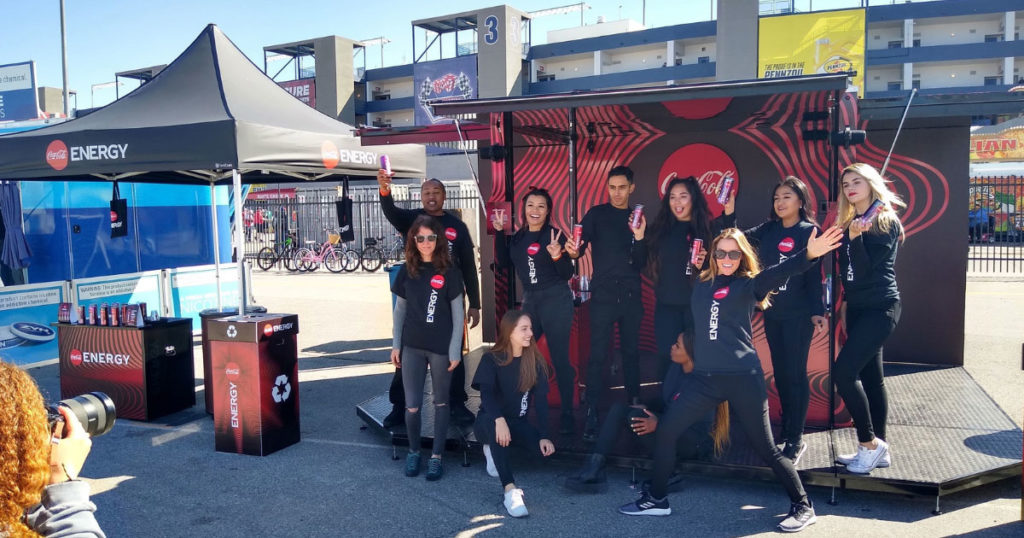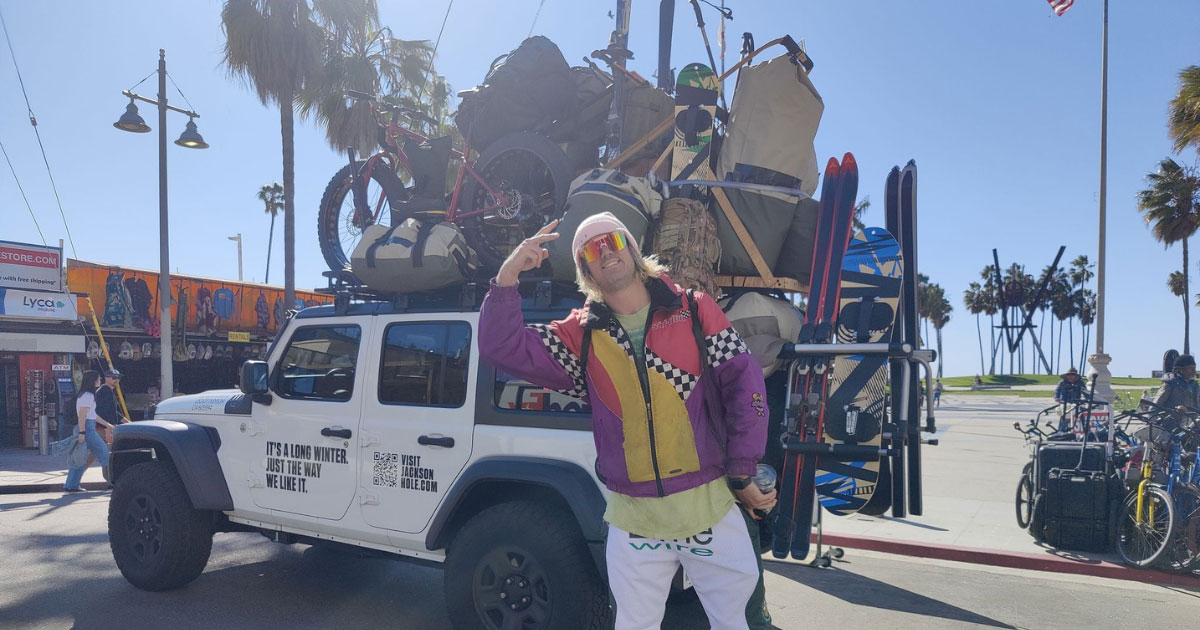Did you know that experiential marketing is rooted in the principles of psychology? By tapping into our emotions and senses, brands can create unforgettable experiences that leave a lasting impression on our minds.
THE WHAT
The psychology behind experiential marketing piggybacks off the idea that people are more likely to remember and connect with a brand or product when they have a positive emotional experience. This type of marketing helps tap into your audience’s subconscious desires and motivations to create a deeper level of engagement and loyalty.
Research shows that we’re more likely to remember things we feel strongly about, and our feelings often have more sway over our decisions than our smarts. That’s where experiential marketing comes in! It uses our emotions to connect us to a brand and make us want to stick with them for the long haul. It’s all about making a personal bond with customers, which traditional marketing can’t do.

THE WHY
Experiential marketing works based on human psychology because it taps into several fundamental psychological principles that influence human behavior.
1. The power of emotions: Experiential marketing aims to create an emotional connection with consumers. Emotions play an influential role in shaping our behavior and decision-making. When we have a positive emotional experience with a brand, we are more likely to remember it, talk about it, and develop a sense of loyalty towards it.
Let’s say you come across a pop-up store for a new skincare brand. The store is beautifully designed, with soft lighting and calming music playing in the background. As you walk in, you’re greeted by a friendly brand ambassador who offers you a complimentary mini-facial using the brand’s products. During the facial, you feel pampered and relaxed, and the products smell and feel amazing on your skin. The brand ambassador takes the time to explain the benefits of the products, their natural ingredients, and how they’re sourced. When you leave the pop-up, you feel refreshed, informed, and connected to the brand. You’re more likely to remember the brand and its products because of the positive emotional experience.
2. The impact of social influence: Experiential marketing is all about creating experiences you want to share with your friends or post on social media. Wanna know a secret? When we see other people doing something cool or talking about something they love, we’re more likely to do it too. It’s like peer pressure but in a good way! So, when you have an incredible brand experience, you will want to tell your friends about it and show it off. That’s why experiential marketing can be so effective! It’s all about using social influence to motivate behavior change.

3. The power of personalization: Experiential marketing is all about creating personalized experiences that feel like they were made just for you. These experiences go beyond just selling a product. They want to make you feel like the brand really understands you on a deeper level. When you feel that sense of connection, you’re more likely to engage with the brand and become a loyal customer. Think about that one friend who always knows exactly what you need. Don’t you feel seen, understood, and valued in that friendship? That’s the kind of relationship experiential marketing aims to create between consumers and brands.
4. The importance of context: Experiential marketing occurs in a specific context, such as a pop-up store, live event, or mobile tour. This context can influence our perception of the brand or product because it creates a unique and memorable experience. By creating a positive context, experiential marketing can influence our attitudes and beliefs toward a brand.
For example, you want to launch a unique dessert product. You decide to set up a pop-up dessert bar in a trendy location where customers can come and taste your creations. The dessert bar is decorated in a unique and eye-catching way, with fun music playing in the background. Customers are encouraged to take pictures and share their experiences on social media. Your brand can influence customers’ perception of your product. Customers are more likely to remember you and recommend the brand to others because it was such an out-of-the-box experience. A lot more memorable than trying your new product at their storefront.

By understanding these principles and utilizing them in your experiential marketing campaigns, you can create more effective and engaging experiences that influence your consumer behavior in a positive way.

